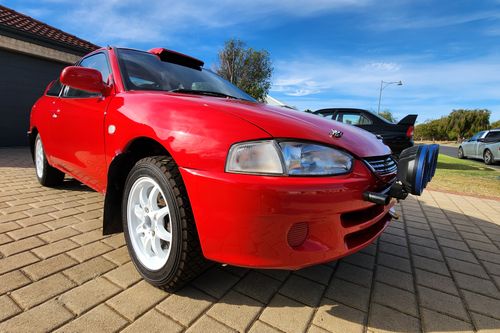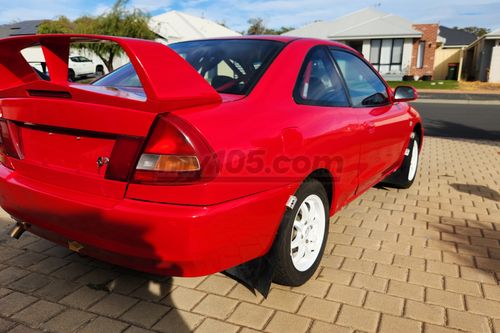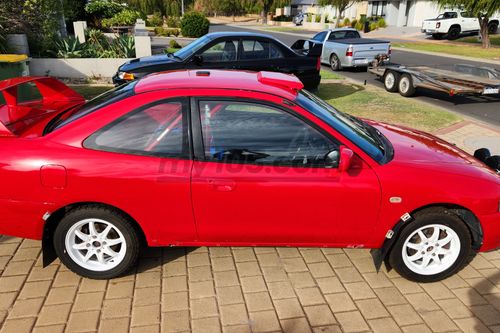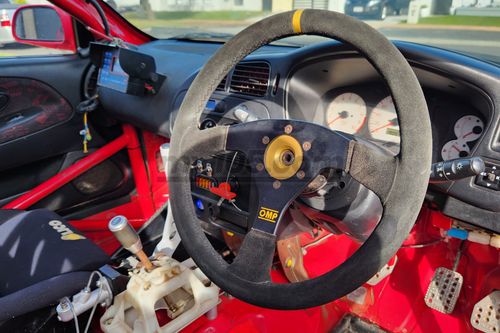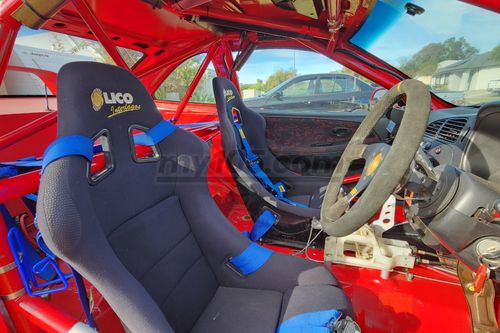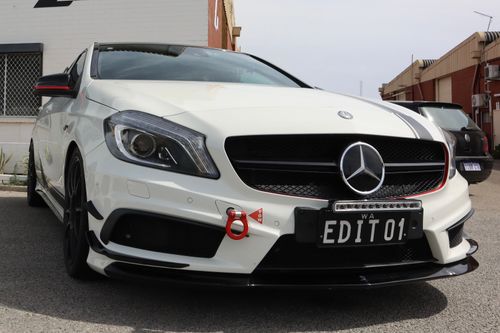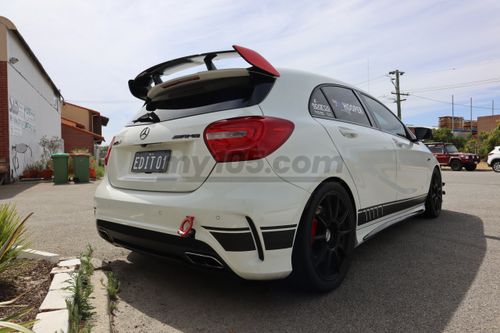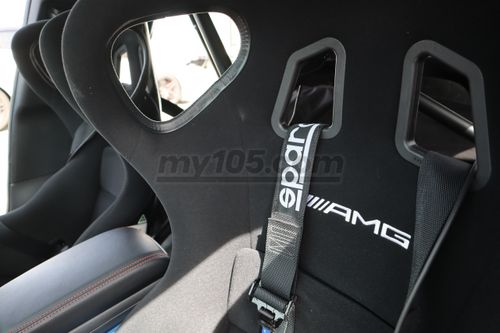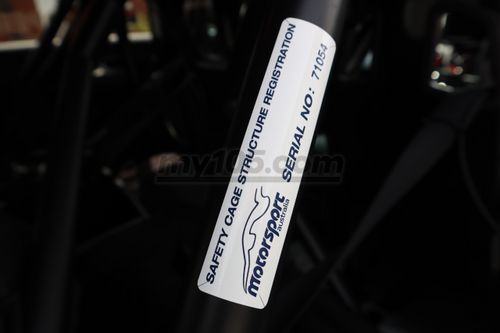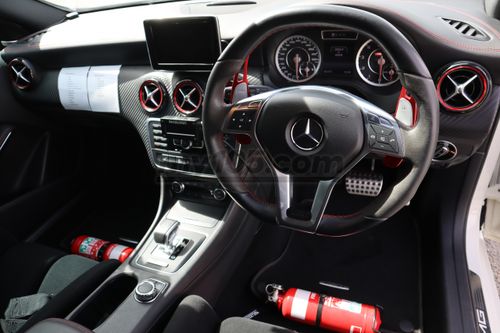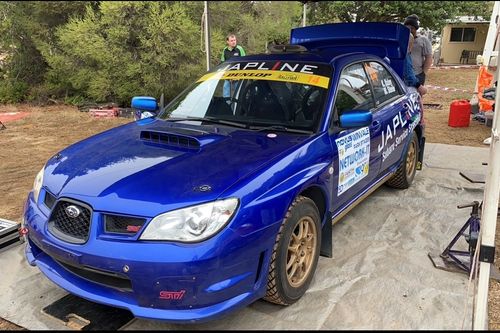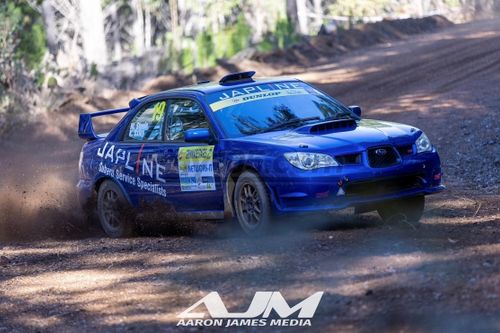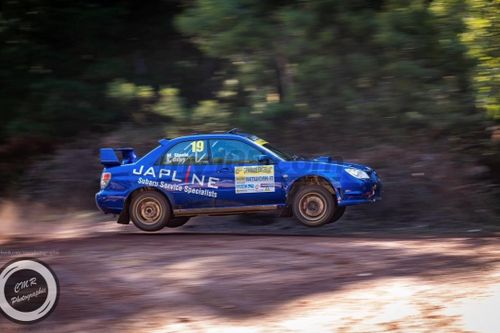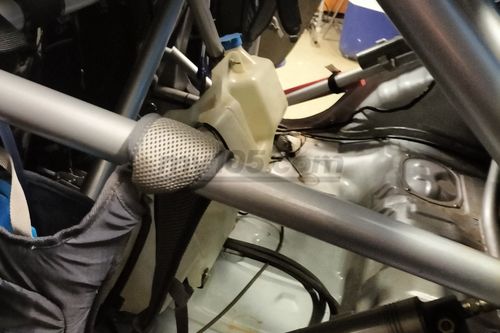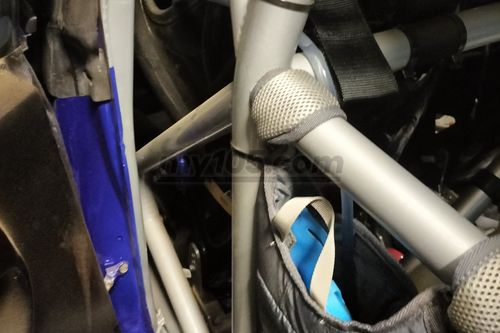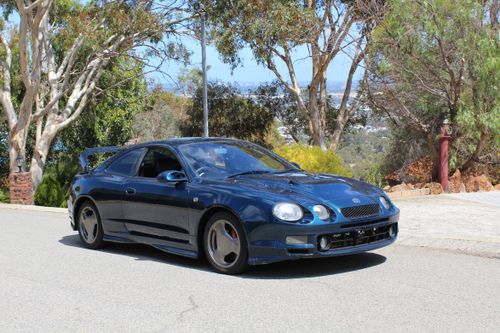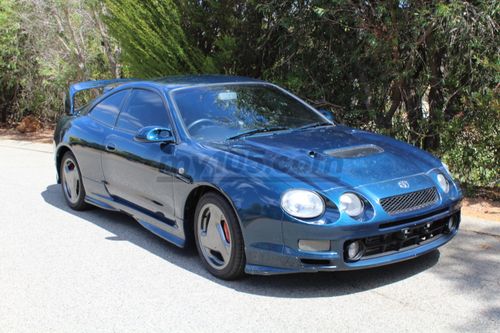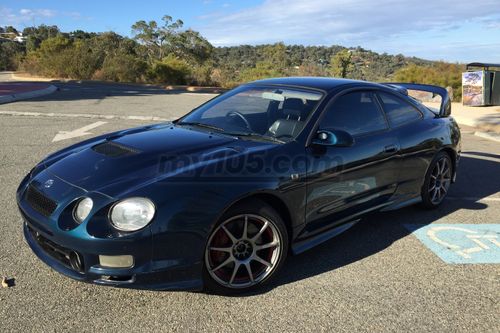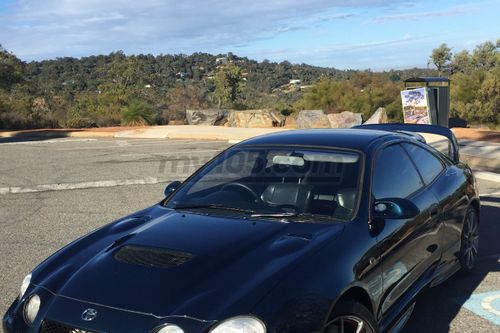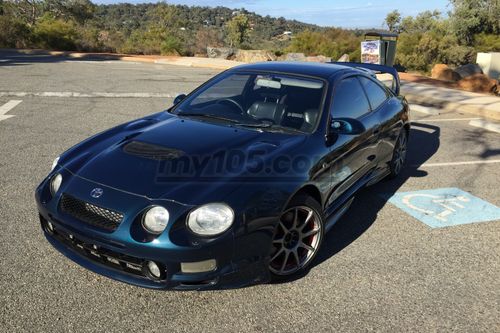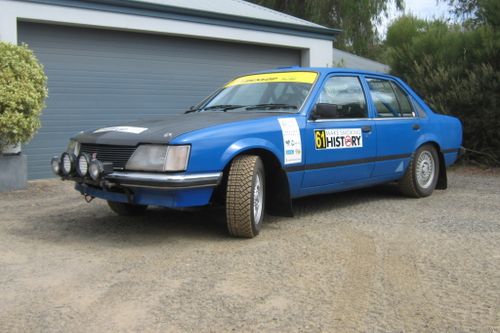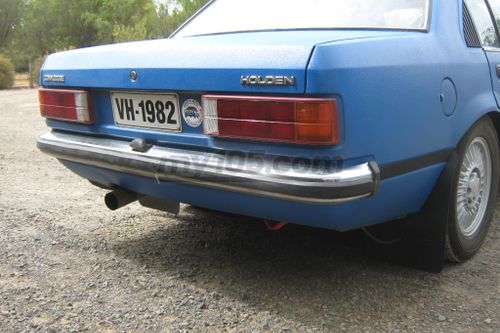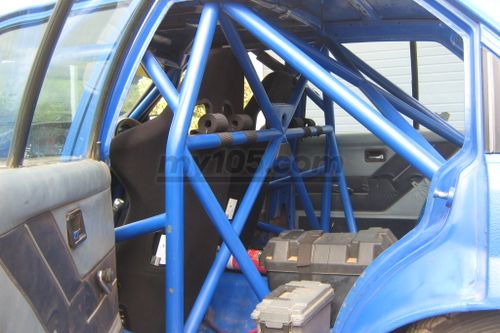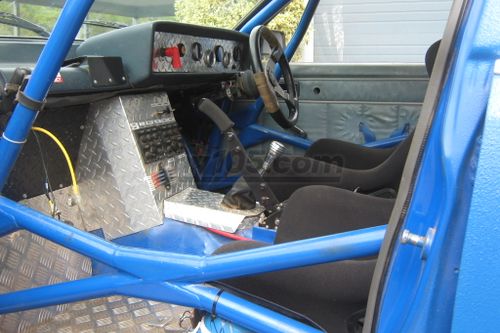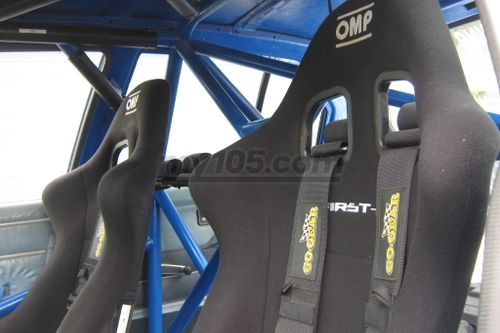17 Rally Cars for sale in Western Australia
Rally cars are typically designed with a focus on durability and all-weather performance, as they often have to contend with a wide range of conditions during competition. They are usually based on production cars, but often have modifications that make them more suitable for rallying. Many are actually road legal because rally events often take place on public roads.
Rally cars are typically equipped with a handbrake, which is used to initiate a four-wheel drift around corners. This is one of the most iconic aspects of rally driving, and it takes a great deal of skill to master. Rally drivers also need to be very adept at reading the terrain and making quick decisions on the best line to take through a stage.
Co-drivers play a vital role in rally competitions, as they are responsible for reading stage notes and communicating them to the driver. This allows the driver to focus on the task at hand and maintain a good pace through the stage. Co-drivers also keep track of the car's position during the rally, which is crucial information for both the driver and team strategists.
Most modern rally cars are four-wheel drive, which gives them better traction on loose surfaces such as gravel or dirt. This is useful in rally competitions, where the stages (the individual sections of the race) are often run on such surfaces. Historically, rally cars were mostly two-wheel drive. However, four-wheel drive rally cars began appearing in the 1980s, and by the early 1990s, they became the norm in rallying.
If you're interested in getting started in rally racing, there are a few things you'll need to do. First, you'll need to find a car that meets the requirements for the class you want to compete in. Once you have a car, you'll need to make sure it's prepared for racing. This includes adding safety equipment, such as a roll cage, and making any necessary mechanical modifications. You'll also need to get a racing license from your local motorsport authority.
Live Cars (17)
Popular Past Cars (185)
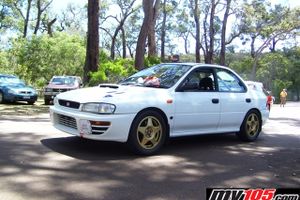
Rally Wrx Sti Ra
Ver 3 Sti ,New Race engine-350km run in,Vf34 turbo,Cr dccd g-box,R180 plated Lsd, Autronic sm3(anti lag-launch control,Inverted adjust mono struts,Speedline wheels,70% Khumo semi slicks+Spare set,Spar
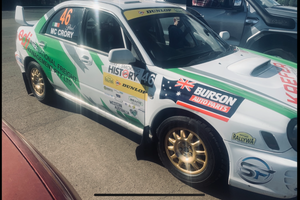
2002 Subaru Sti
2002 sti gravel rally car new build at the start of the year only completed in 4 events total of 300km gravel and targa west 2021. Modena 6speed sequential. Modena front diff, Modena rear diff, mca su
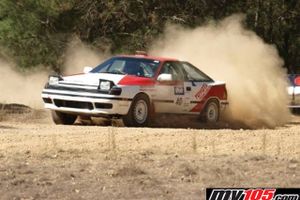
Toyota ST165 GT4 P6 rally car
1989 ST165 GT4 P6 winning (2008) rally car for sale. Full tower to tower cage, DMS, ST205 front disks with Alcon caliper, ST185 rear brakes, Urathaine bushing throughout, S/S braided brake and fuel li
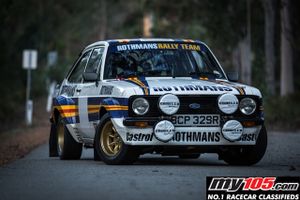
Escort Rally Car
I'm only selling as I will never use this car in a competitive environment , but in no rush to sell so please no low ballers or tyre kickers. I built this car to compete in Targa but once finished
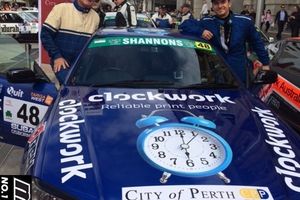
Nissan R34 GTR V Spec 11 Car
Full road licensed in W.A. Bayside Blue Recent rebuild Alcon Brakes Haltec Professional Engine Management CAMS log book Full cage New 6 point harnesses All rally timing gear Full A/C working CD Player
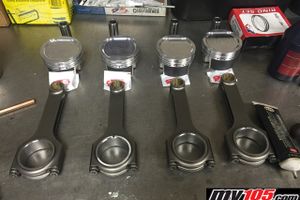
B Reg Evo 5 - fresh built eng
B Reg / Race import 1998 Mitsubishi Evo 5. Engine has been freshly build with forged rods and pistons, ARP studs, timing belt, tensioner, Koyo Radiator, HD Exedy Clutch. Engine only has 109km on it a
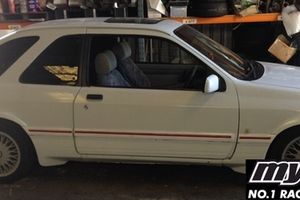
Ford Sierria XR4I
Ford Sierria XR4I V6 licensed. Was used as every day driver by previous owner. Bought with view to build gravel rally car but plans changed. Open to offers
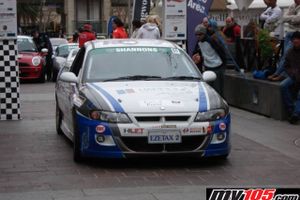
2002 HSV Maloo
CAMS and AASA logbook, 100% finish rate, numerous trophies and class wins; engineered by CSC and GMR, L98 6.0 litre, kazz diff & cooler, gearbox cooler, Monit TC100, massive list of parts included! A
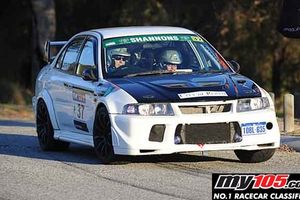
EVO 6.5 TME Tarmac Rally Car
2011 Early Modern Australian Tarmac Championship winning car with previous owner Current owner 2nd outright modern competion targa west 2012 Motec/Alcon 6 spot brakes +ABS/E85/Forged Motor/400 HP /DM
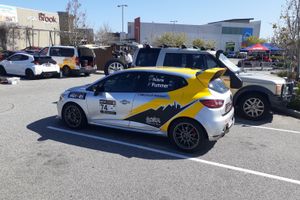
2015 Renault Clio RS200 EDC Tarmac Rally Car
PRICE REDUCTION TO GET IT SOLD: I have retired from all forms of racing so it's time to move my 2015 MK4 Clio RS200 tarmac rally car on. It is a professionally built car by very reputable Sydney wor
Browse Categories
- Box Trailers
- Buggies
- Burnout Cars
- Car Trailers
- Classic Cars
- Collectables & Memorabilia
- Drag Cars
- Drift Cars
- Enclosed Trailers
- Engines
- Formula
- Go Karts
- High Performance Cars
- Historic Cars
- Hot Rods
- JDM Cars
- Motorcycle Trailers
- Motorcycles
- Muscle Cars
- Off Road Race Cars
- Parts & Accessories
- Race Cars
- Rally Cars
- Speedcars
- Speedway Cars
- Sports Cars
- Sprint Cars
- Suspension, Brakes, Tyres & Wheels
- Track Cars
- Transmissions & Gearboxes
- Trophy Trucks
- Unfinished Project Cars
- Unique, Show & Prestige Cars
- V8 Cars
- Vintage Cars
- Workshop, Crew, Drives & Apparel
Browse Locations
- Rally Cars in Australia
- Rally Cars in New Zealand
- Rally Cars in United States
- Rally Cars in United Kingdom
- Rally Cars in Canada
- Rally Cars in New South Wales
- Rally Cars in Victoria
- Rally Cars in Queensland
- Rally Cars in Western Australia
- Rally Cars in South Australia
- Rally Cars in Australian Capital Territory
- Rally Cars in Tasmania
- Rally Cars in Northern Territory
Browse Cars
- Subaru in Western Australia
- Mitsubishi in Western Australia
- Mitsubishi Lancer in Western Australia
- Mitsubishi Lancer Evolution 10 (Evo X) in Western Australia
- Mitsubishi Lancer Evolution 9 (Evo IX) in Western Australia
- Mitsubishi Lancer Evolution 5 (Evo V) in Western Australia
- Mitsubishi Lancer Evolution 7 (Evo VII) in Western Australia
- Mitsubishi Lancer Evolution 4 (Evo IV) in Western Australia
- Mitsubishi Lancer Evolution 6 (Evo VI) in Western Australia
- Mitsubishi Mirage in Western Australia
- Mitsubishi Lancer in Western Australia
- Ford in Western Australia
- Nissan in Western Australia
- Holden in Western Australia
- Porsche in Western Australia
- Toyota in Western Australia
- Mazda in Western Australia
- Renault in Western Australia
- Alfa Romeo in Western Australia
- BMW in Western Australia
- Honda in Western Australia
- Hyundai in Western Australia
- Mercedes-Benz in Western Australia
- Triumph in Western Australia
